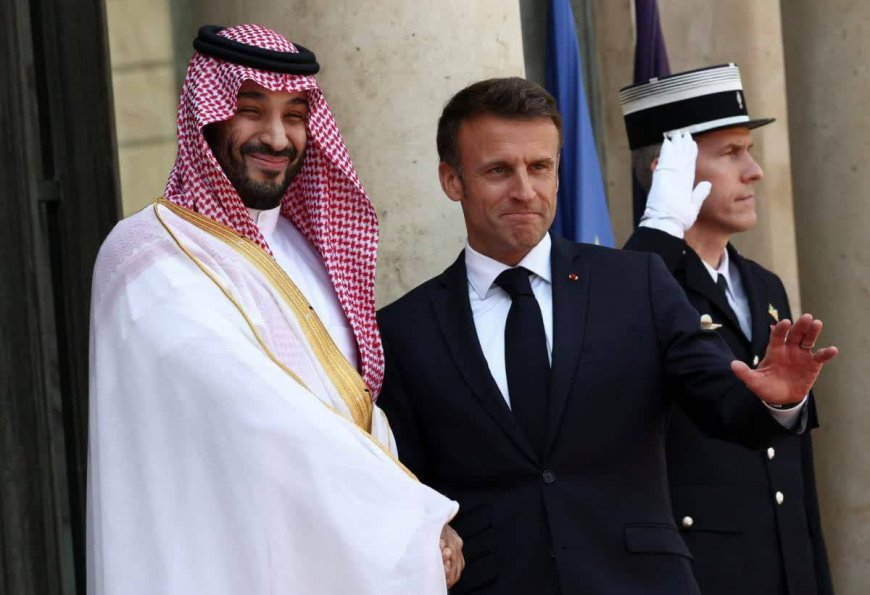Examining Saudi Arabia's Strategic Agenda: Exploring the Crown Prince's Trip to Paris and the Quest to Host Expo 2030
Examining Saudi Arabia's Strategic Agenda: Exploring the Crown Prince's Trip to Paris and the Quest to Host Expo 2030

During his visit, the crown prince has been examining regional and international issues, signing €3 billion investment contracts, and overseeing the signing of an $11 billion contract between Aramco and Total to construct a petrochemical facility. However, the primary agenda for Bin Salman's visit to Paris is to garner support for hosting the "Expo 2030" exhibition.
The International Bureau of Exhibitions, headquartered in Paris and consisting of 170 member countries, determines the host through a nomination and voting process. The final vote for Expo 2030 will take place in November. Currently, Riyadh, Rome, and Busan, South Korea, are the candidates for hosting the exhibition, with Saudi Arabia officially nominating Riyadh last week.
In addition to the expo bid, Bin Salman's trip to France includes participation in the "New Global Financial Pact" summit, which aims to reform the global financial system, combat poverty, and address climate change. This summit has also become a platform for Saudi Arabia, Italy, and South Korea to secure support for hosting Expo 2030. Saudi Arabia appears to have a favorable chance of winning the bid, with approximately 90 out of 170 countries reportedly supporting its hosting. The country aims to secure two-thirds of the votes in the initial stage of voting to avoid further rounds.
France's decision to support Riyadh's bid over Italy's is likely driven by Saudi Arabia's wealth, its status as a gateway to the Arab world, and France's need for Middle Eastern support, particularly in cases such as Lebanon. However, arguably the most significant motive is economic benefits. Money and the economy play a decisive role in international relations, regardless of a country's governance system.
Saudi Arabia's domestic and foreign politics have shifted towards an economic focus, with the realization of the 2030 macro vision at the forefront. This vision aims for economic development independent of oil income, and hosting Expo 2030 is seen as a catalyst for achieving this goal and driving future projects beyond 2030. The economic implications of hosting the expo are significant, attracting foreign investment and tourists.
For instance, the Eiffel Tower in France was constructed in 1889 in preparation for hosting the Expo, and since then, it has become the most visited and profitable tourist destination in Europe. Hosting the expo is estimated to bring in approximately $100 billion in investments and attract 40 million foreign visitors to Riyadh during its six-month duration from October 2030 to March 2031.
In line with the 2030 vision, Riyadh has embarked on an ambitious development plan with an investment of $800 billion. The city aims to attract over 100 million tourists by 2030, with tourism income accounting for ten percent of the gross domestic product, totaling around $2 trillion.
Overall, Saudi Arabia's efforts to secure the hosting of Expo 2030 align with its economic-centric approach to domestic and foreign policies. The potential benefits of hosting the expo are vast, contributing to the country's economic growth and positioning Riyadh as a global destination for investment and tourism.













































